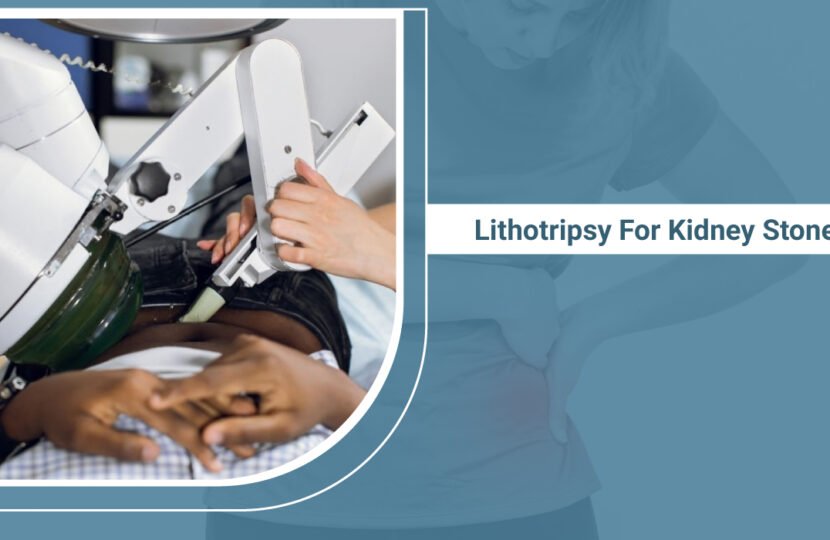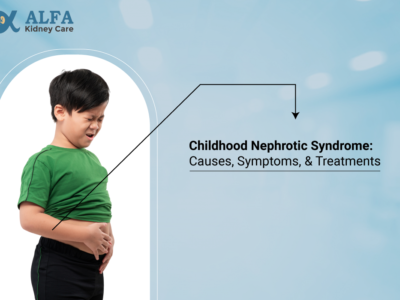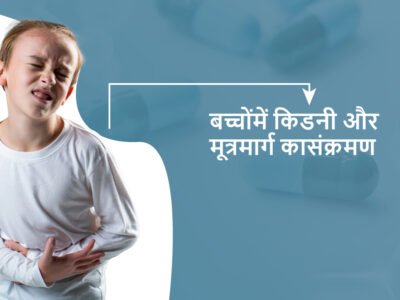As ‘breaking’ and ‘stones’ are the meanings of the two Latin syllables of the word ‘Lithotripsy’, one can easily deduce from the knowledge of it being a medical procedure that lithotripsy is a technique for breaking down of stones in organs liver and gallbladder but particularly in kidneys. This procedure was first developed in Germany in the 1980s. The dogmatic discovery that led to the development of the procedure is that shock waves can be concentrated in such a way that stones in the organs can be broken down without any insertion of instruments in the body.
As, urine consists of some chemical compounds such as calcium, sodium, potassium, oxalate, uric acid, and phosphate; the increase in the level of any of these compounds or the change in the acidic or basic nature of urine results in the crystallization of these chemical compounds causing the formation of kidney stones. A kidney stone can be anywhere located in the urinary system which comprises kidneys, ureters, bladder, and urethra. As kidney stones can vary in shape, the treatment to be used can also vary according to the size of the stone. A stone that is large and causing blockage may require the placement of a ureteral stent (hollow rubber tube with holes in it) to dilate the ureters for the easy passage of urine and then the procedure of lithotripsy to break the stones.
How is lithotripsy done?
Extracorporeal shockwave Lithotripsy as the name suggests is an outpatient procedure where a kidney stone is fragmented into dust particles which then can pass out through natural passages. The ideal candidates are patients containing kidney stones, more than 10 mm in size. The procedure is not suitable for pregnant ladies, and patients with bleeding diathesis or coagulation disorders.
- Depending upon the condition of the kidney stones, a stent can be inserted in the ureter prior to your procedure
- A short wait is required than before entering the operating room
- Meanwhile, you will head down to the lithotripter with a nurse or x-ray technician
- The lithotripter is in the operating room
- Wait is done with the nurse asking some of the questions to which you had already answered while going through your reports
- After that, you will be taken to the lithotripter with the help of the stretcher arranged where only the medical gown will be left on to ensure your privacy
- You will be placed on a lithotripter bed where the doctor will start your intravenous via which medication will be introduced to keep you relaxed throughout the procedure. Also, a mask will be placed on your face to provide oxygen, if needed
- Heart rate and blood pressure will be monitored throughout
- The lithotripter bed will be adjusted to keep you well positioned where a part of the bed will be removed
- Light will be dimmed, and an X-ray scanner will move toward you to target the stones
- From below the bed, a lithotripter will be moved toward your lower back which will direct sound waves to the kidney stones, breaking the stones into finer particles
- The only thing you will feel is the continual tap against your back
- It is important that you don’t move throughout the procedure. If you feel uncomfortable, the doctor will introduce more medication for you to relax
- Averagely, the procedure of lithotripsy lasts for about 45 minutes
After the procedure
- After finishing, you will be returned to the daycare unit where you will be examined for blood pressure, temperature, and redness sites
- As you will be ready to tolerate the fluids, your intravenous will be removed
- It is important that you don’t drive for 24 hours after the procedure as you might feel dizzy
- It is recommended to take plenty of fluids after the procedures as you will be passing crushed stones through the urine
- Coffee and tea should be avoided
- You may spot blood in your urine but that is normal after lithotripsy. But if the blood lasts for longer than one and a half well, you must contact your doctor
- Also, you may experience certain discomfort and pain along your side because of the shock waves. Also, you may feel pain while passing the urine because of the stones contained in it. For this purpose, some antibiotics and painkillers will be prescribed
It is important to contact your doctor if:
- You have a high fever
- You are feeling unstoppable pain even after the medication
- You find it very difficult to urinate
- You are unable to digest anything
The success rate of lithotripsy is based on many factors such as size and composition of the stone, hardness of the stone, patient’s body type, etc.
What are the risks of lithotripsy?
- A ureteroscopy might be needed even after lithotripsy to clear all the stones
- There is a 0.1% chance of serious bleeding which would then need a blood transfusion
- 1 in 100 patients who have gone through lithotripsy needs to get second procedures to clear all the stones
- A patient might feel severe pain after the lithotripsy which would require immediate medical attention
- Few patients might get an infection called sepsis
- It is impossible to evaluate the success rate of breaking the kidney stones
Shockwave lithotripsy in India can cost from 40,000 to 90,000 depending upon the state and the type of hospital. It is a convenient procedure that is the no. 1 technique to crush the stones in the world because of it being extracorporeal, i.e., outside the patient’s body. About 70 to 90 percent of patients are found to be free of stones within a few months of the procedure. No doubt the treatment has its set of exceptions but then the benefits of it reach far more than the risks. Who would want an invasive treatment, when everything this procedure would take is some rest on the bed?
Conclusion
lithotripsy is an effective and non-invasive treatment option for kidney stones. It uses shock waves to break down kidney stones into smaller pieces that can be easily passed through the urine. The procedure is generally safe and well-tolerated, with a high success rate. At Alfa Kidney Care, we offer state-of-the-art lithotripsy services to help our patients get relief from the pain and discomfort caused by kidney stones. Our team of experienced urologists and medical professionals is committed to providing personalized care and support to ensure the best possible outcomes for our patients. If you are experiencing symptoms of kidney stones, schedule a consultation with us to discuss your treatment options and find the best solution for your needs.


